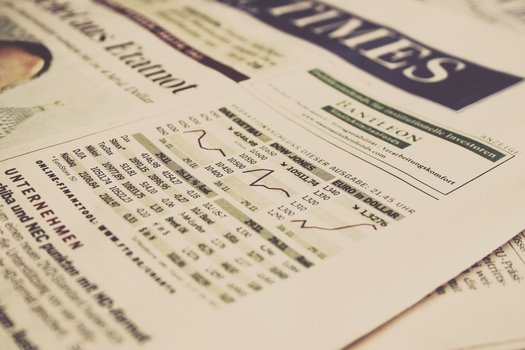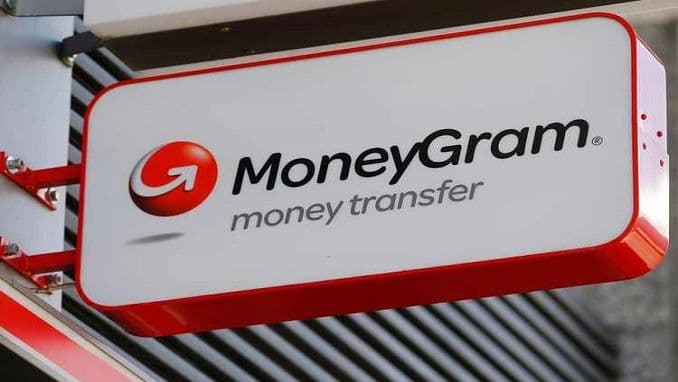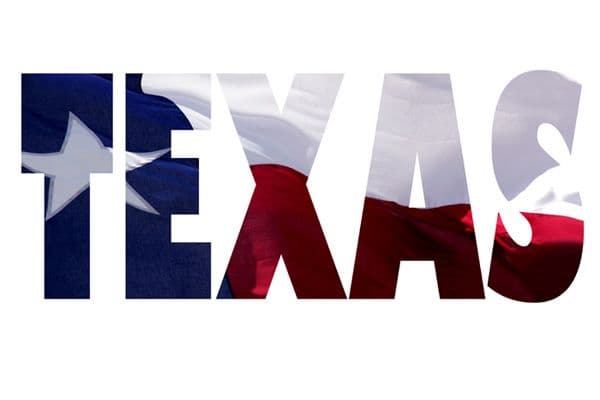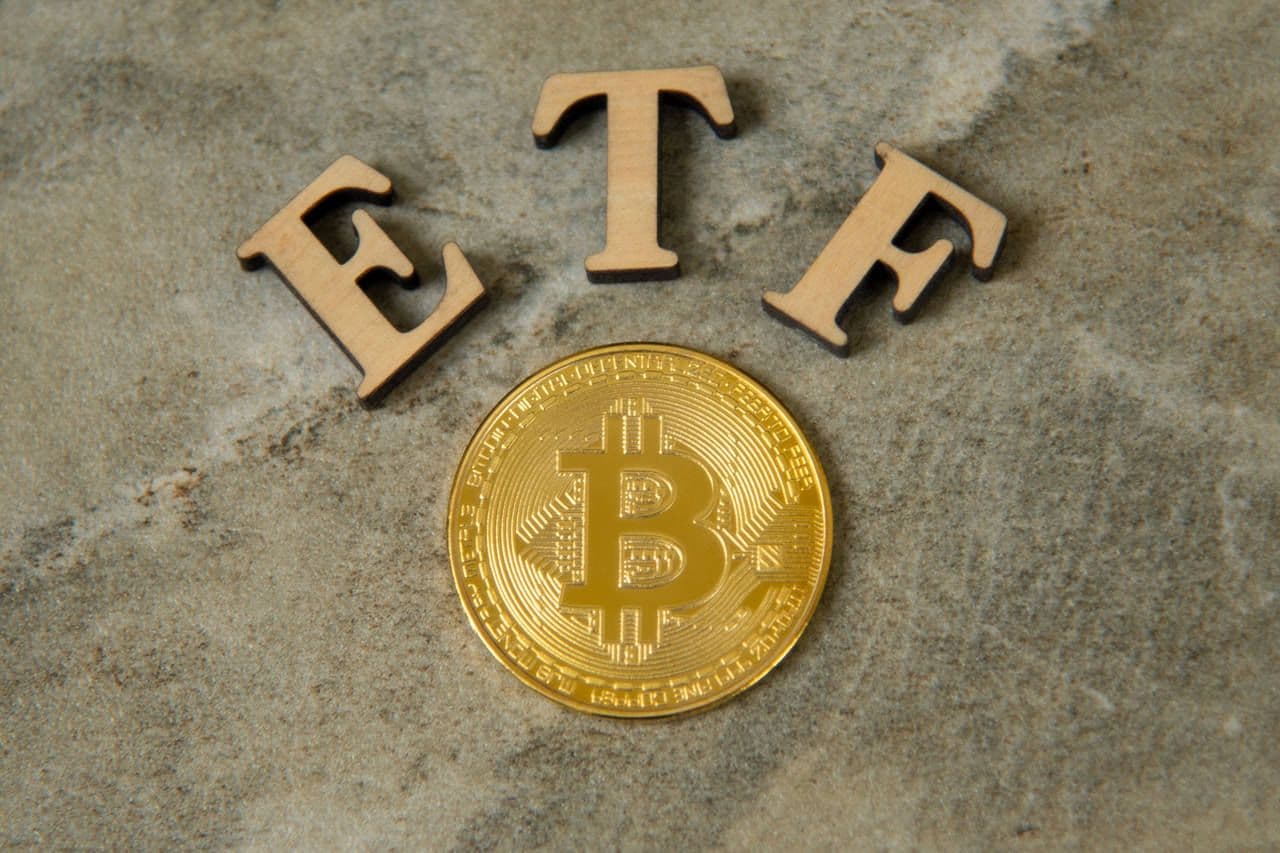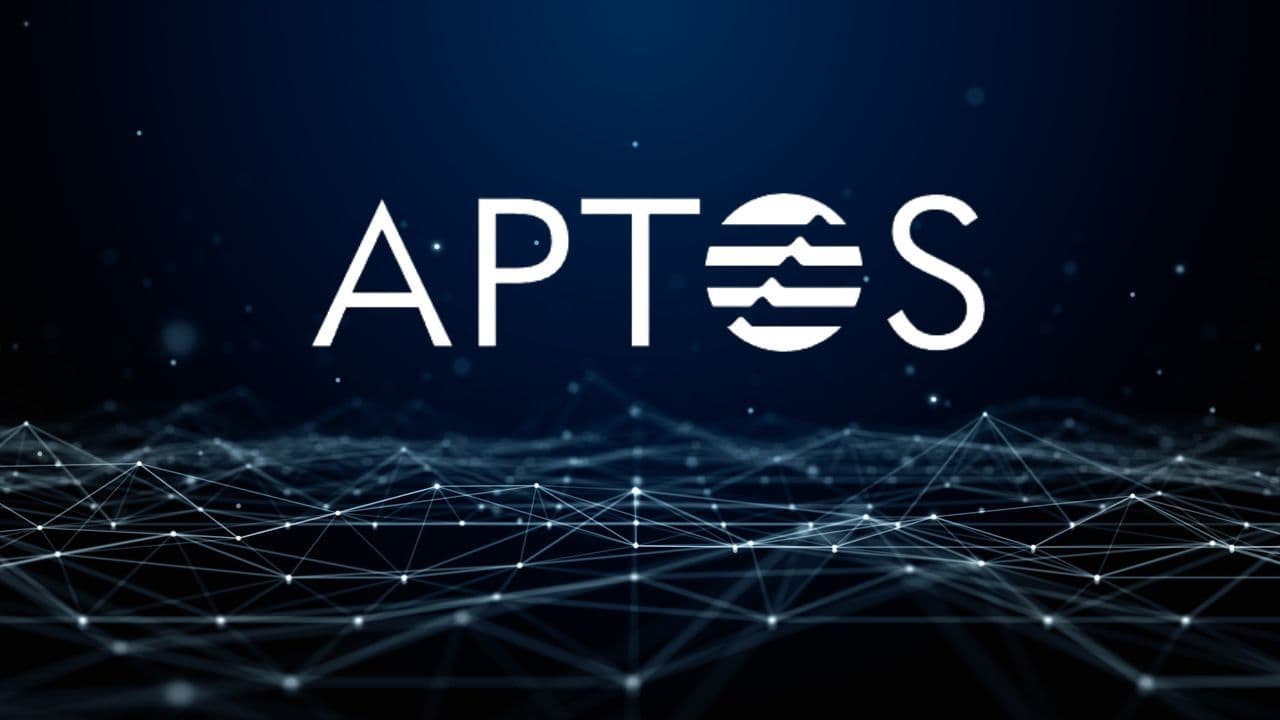Do Security Tokens Discriminate Against the Average Person?
Before you read this article, you should speak with a financial advisor or an attorney who is knowledgable about financial regulations in your specific region. The Year of Security Tokens Security tokens have been flooding the news lately with announcements […]

Before you read this article, you should speak with a financial advisor or an attorney who is knowledgable about financial regulations in your specific region.
The Year of Security Tokens
Security tokens have been flooding the news lately with announcements like the successful launch of tZero’s trading platform, and Polymath’s lockup of $75 million dollars worth of tokens. However, while security tokens are causing some investors to get excited for what they believe to be a more regulated and stable future, other investors are detesting what they consider a knock against the 93.5% of investors that cannot participate in this sale first-hand, at least at the beginning. Will security tokens lead to a more stable future, or one that is less accessible? You be the judge.
When you file the “Form D” in the USA, which distinguishes that you are offering an investment product to accredited investors, you are able to surpass many of the rules that accompany offerings to the general public. To be an accredited investor, you need to have $1 Million on paper, or an annual salary of over $200,000 a year for the past 2 years ($300,000 if it is a joint tax filing).
Basically, the SEC allows companies to not have to go through as long of a regulatory process if they offer their investment product to a market that is wealthier and ideally less likely to cause market issues.
What does it take for you to the have an ICO that isn’t scrutinized by the SEC?
Market might be ripe for security tokens
Sources across the industry are suggesting that 2019 can be the year of the security token. Between companies such as Polymath and tZero, in addition to governments like Uzbekistan, Malaysia, and Jamaica, news about security token integration is starting to heat up. Is this good for the market in general, or can it lead to the bad side of another bull run?

Awareness of the technology, which is the first stage of raising capital, is slowly permeating the financial boardrooms and commercial real estate offices of the world. Stability is expected to be more easily achieved when tokens are tied to real world assets compared to cryptocurrencies. As decision makers continue to realize the leverage delivered by tokenizing real-world assets, the market will continue to expand. This will be a slow process.
It is at this enterprise level where tokenization might make the most impact. The market is catching up to this trend right now. Major blockchains are beginning to realize this (e.g., IBM, AWS), and they are providing the so called ‘shovels’ for this gold rush. Highly secure, enterprise-level blockchain infrastructure is where the money and hence the market is moving to. First, awareness, shortly followed by resources.
There is a downside to this market movement, however. When money floods toward security tokens, an exclusive crowd of investors are the only ones that are allowed to participate in some countries, such as the USA. This group of people that can participate are called Accredited Investors.
Accredited Investors Only is an Exclusive Club
Fewer than 9 million total households out of over 126 million in the United States can even qualify to meet the standards to become Accredited Investors. One can argue that this is merely a tactic to make the wealthy, wealthier. It’s not the top 1%, but it’s like the top 1%, some of their friends, and extended cousins they toss a tip to every once in a while.
If only the top 6.5% of Americans can even qualify to become accredited investors, how is the rest of the population supposed to participate? As more projects become designated as “accredited investor only, this will limit the market size of participation pool.” This can arguably lead to a slower journey toward mass adoption.
Are there any Loopholes around this?
While websites will not allow you to register if you’re lack accredited investor designation, there are some potential loopholes for getting around the accredited investor designation.
You’ve probably read the words “Only For Investors outside of the United States.” For one, Accredited Investor only status is an American regulation for people within that specific region. The regulation is overseen by the SEC, an entity that is exclusive to the United States and investment opportunities offered there. You can participate in an extended number of token sales if you are located outside of the United States.
Another way to access security tokens in your region might be for you to pool people together and form a corporation. You will need to check out your look rules and regulations to see how you can do this in your own region, and if that would allow you to collectively become an Accredited Investor there.
The other way to get around this is to avoid it, which is a game of exclusion.

